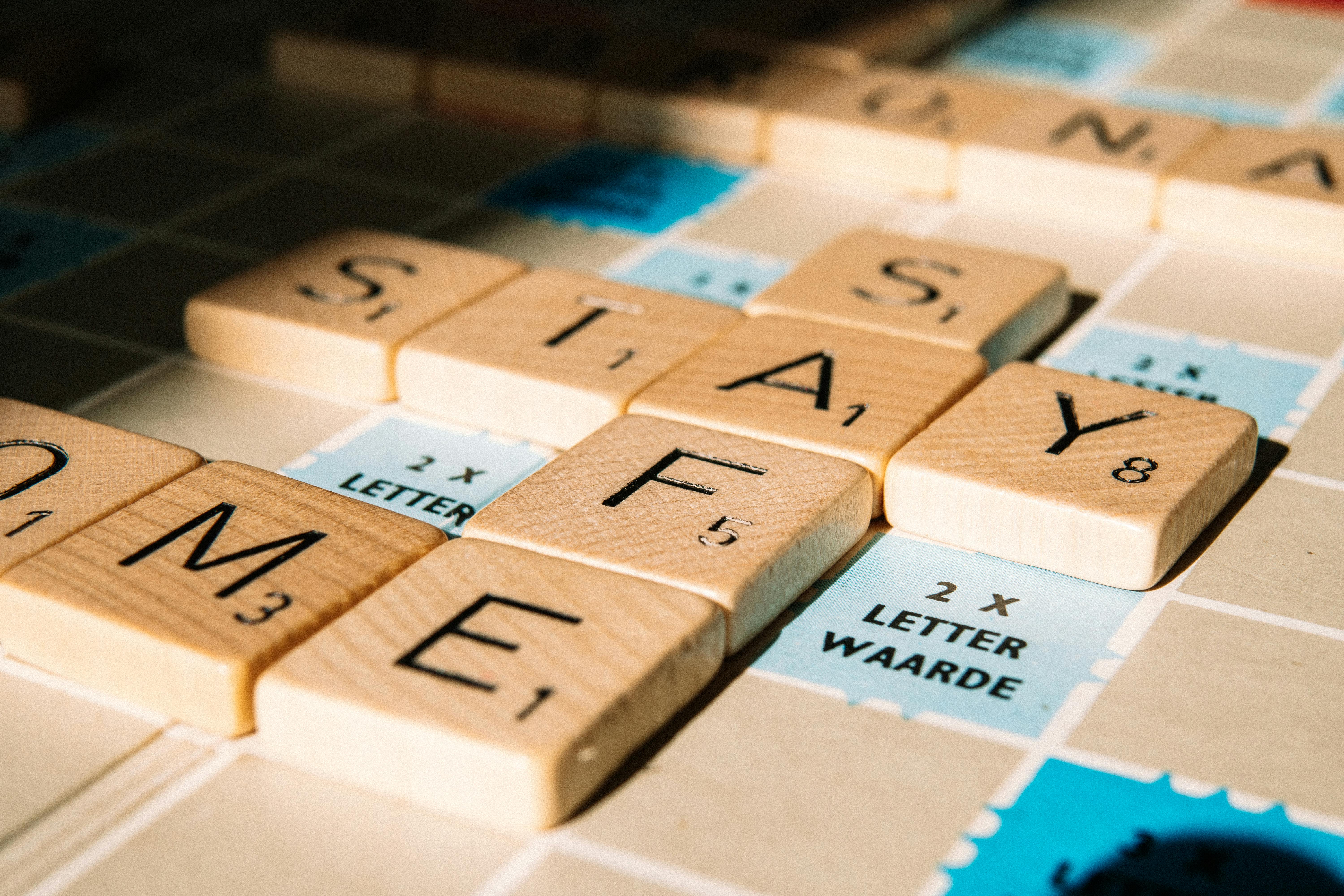
Are you drowning in emails? 6 tips to get out from under
admin
- 0
As a child, I loved to run to the door every time I heard the mailman arrive. I would stand there waiting to grab the envelopes before they went into the mailbox. I didn’t want to waste a minute.
I couldn’t wait to see if there was something exciting or unexpected for me. Most days, it’s true, there weren’t. But every once in a while, a birthday invitation or a letter from my grandmother would surprise me and brighten my day.
From Monday to Saturday, once a day, I reveled in the potential that delivery could bring.
These days, I hardly notice when mail is shoved through my door slot. If it wasn’t for my dog barking, I wouldn’t even know it came.
That rush and excitement of the unknown is now experienced countless times each day. All I have to do is look at my inbox. Whether it’s on my computer, tablet or phone, anywhere, anytime, “You’ve Got Mail” can light up the pleasure zone in my brain.
However, that trigger leads to an addictive habit of checking email regularly throughout the day. As an entrepreneur, this habit is unproductive and a stressful pattern that I have had to learn to control.
In fact, research shows that the pleasure zone in the brain that lights up every time a gambler, alcoholic, or shopaholic reaches for their fix is the same one that’s in our brains when we check our emails. And the more we do it, the more we have to do it to receive that same pleasurable feeling.
Many business professionals would argue with me when I say that constantly checking emails is a problem. They will tell me that it is always convenient to have access to emails wherever and whenever you want. And how nice it is to be able to instantly respond to customers or catch up on the latest industry news.
I can only tell you what the research is finding and what I saw happen to me and many of my clients when email became an addictive habit.
When the first thing we do every day is read our emails, even before getting out of bed, without realizing it, we hand over our agenda for the day. Most emails ask us for something: an answer to a query, a decision to buy something, or to read important news that we feel is urgent for us to know.
Instead of attending to what is most important to us and our business, we find ourselves going down the rabbit hole; we are responding to, reading, or looking at information that is relevant to another person.
Although surveys and studies indicate that the average adult checks their email approximately 15 times a day, for many, it could be much more. The Relevancy Group is a market research company that measures consumer and executive behavior. They found that 66% of online consumers check their email account multiple times a day, and 13% of online consumers check their email every hour or more frequently. We dive into the inbox all day, every day; no wonder we feel like we’re drowning in email.
With all these emails staring at us, our brains get the subtle message that we have a lot to do. Others are waiting for a response from us. It’s stressful! And it is very time consuming!
Respond immediately to the email and you will find that you have diverted your attention from whatever else you were working on or intended to work on. If you don’t respond, the pile gets bigger and bigger and makes us feel out of control.
Our to-do list gets longer every time we try to attend to those unread emails. Or the ones that have been in our inbox for weeks. FOMO (fear of missing out) increases, so we don’t eliminate. We tell ourselves we’ll get to it when we have time.
Sometimes we check email hoping it tells us what to do with our day, instead of proactively deciding what the most important task we should be working on is.
Or even worse, we use email to procrastinate. When there’s something we don’t want to do, it’s amazing what our brains can think to avoid doing what needs to be done. Email is a great excuse! We tell ourselves, “First I’ll clean out the inbox and then I’ll get to work.” Before you know it, hours have passed and now the message is: “Not enough time today. I’ll take care of this tomorrow.”
By reading the same email that we have looked at several times before, we are putting off making a decision. We’re not sure how we want to respond, or if this is necessary information we’ll need in the future, or if this item is something we’d want to purchase. Procrastination adds to our feeling of anxiety and stress.
Research shows that the more we indulge in this addictive email habit, the more our stress levels rise. A study from the University of British Columbia showed the opposite: Checking email less frequently made people much happier throughout the day.
So if we could break the habit of constantly checking our emails throughout the day, we would reduce our stress, be more productive, and be happier! To me, it seems worth trying and doing.
Instead of responding to emails one by one as they arrive, set aside certain times of the day (perhaps morning, afternoon, and evening) to attend to messages. Doing so will help you feel more in control of the flow, and you won’t have to switch between different tasks all day.
Are you ready to reduce your dependency on email, reduce your stress, stop procrastinating, and feel like you have more control over your life? If so, you need to learn some very specific strategies to deal with this problem effectively.
- Decide on an email program that makes sense for your business and lifestyle. Unless you’re in customer service or another business where responding to emails instantly is your job, almost everyone can reduce the frequency of inbox diving.
- Close your email program and all notifications about mail, and only keep it open during the allotted times.
- Resist opening your email first thing in the morning. Exercise, eat a healthy breakfast, plan for the day ahead, and work on the most important project for that day for at least an hour.
- Develop a system for managing emails to keep your inbox relatively free. Train yourself to handle each email only once. Take care of it, delete it, delegate it or archive it.
- Unsubscribe from all the emails you never get to read or know are wasting your time. If unsubscribing makes you uncomfortable, remember that you can always resubscribe if you miss them in the future.
- Create a “read later” folder for the newsletters you enjoy and that add value to your life. Immediately move those emails out of your inbox and know when you’ll receive them. Clean out that folder at the end of each week. Please take the time to read or delete those you haven’t read.
It took me a while to stop constantly checking my emails and find a system that works for me. Truth be told, sometimes I quit.
But when I do, I quickly realize that I’m putting off doing important things, and my stress level rises along with the number of emails in my inbox. So, I go back to basics and follow my system.
Now, I recognize that asking him to only check his email three or four times a day might initially cause him more stress. But, once you break this addictive habit and experience how much more relaxed and fulfilled life feels, you’ll be so glad you did!

